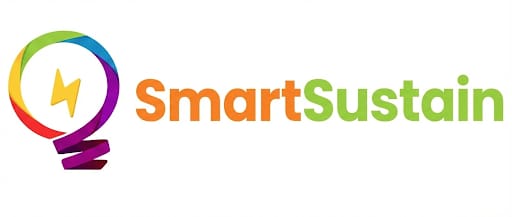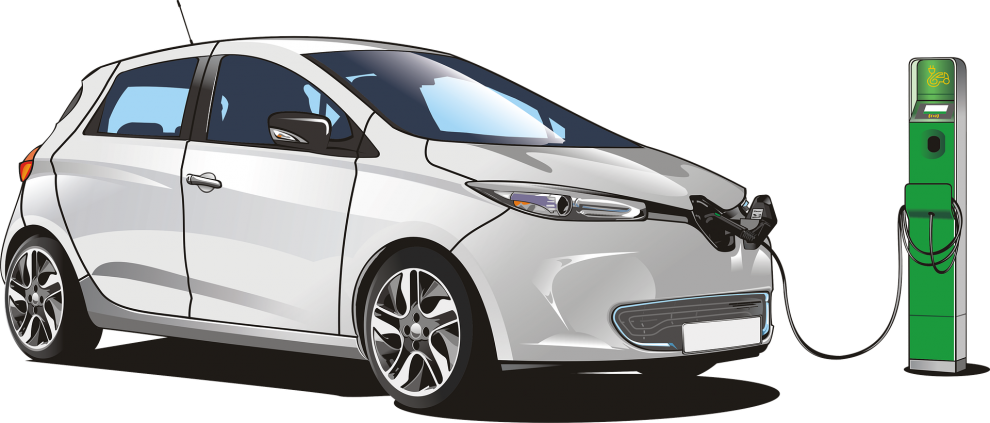Audi e-tron, Porsche Taycan, BMW i3 are a few premium electric cars that are slated to be launched in India in 2020
There’s no doubt that electric vehicles (EVs) are the future of mobility, but how bumpy or smooth will the road ahead be for the EV transition in the country, only time will tell. The transition to clean mobility is gaining major traction world over, especially with climate action being at the foremost of most government led initiatives globally.
A great number of stakeholders either launched or announced the launch of EV models at the recently concluded Auto Expo 2020 in the country. This spells a lot of promise for the EV uptake in the country in the coming decade. The sudden turn of events has temporarily halted most initiatives in clean technology in the country. With the entire focus at the moment being on containment of a deadly pandemic and managing its economic and social repercussions, central and state governments in India have put EVs and clean energy on the backburner.
The uncertainty around the COVID situation is rather unnerving and it may take a year or more for the economy to bounce back. However, this gives governments and stakeholders a lot of time to rethink and rework their game plan in terms of transitioning towards EVs. It’s time for manufacturers and automakers to go back to restructure their entire strategy in clean mobility. It also gives them time to plan the phasing out of the ICE (internal combustion engine) models from their inventory.
The auto industry is transitioning to BS VI (Barth Stage six) emission norms; entities have made massive investments in this transition, and have incurred inventory losses in the form of BS IV vehicles that have been rendered redundant post April 1st, 2020. What, then, will be the state of the EV industry in India amid the turmoil and confusion of the current rhetoric?
In 2018, global EV sales, including BEVs (Battery Electric Vehicles), PHEVs (Plug In Hybrid Electric Vehicles) and HEV (Hybrid Electric Vehicles) crossed two million units, mostly recorded in China, USA and Japan. What does this mean for EVs in India? Government funding and awareness campaigns, increasing stipulation for EVs, issues due to vehicular pollution and investment of stakeholders in EVs are few initiatives that are taking place in the Indian ecosystem. This bodes well for the future of electric mobility in India. But India really needs to put the metal on the pedal, so to speak, on developing an omnipresent charging ecosystem. A strong network of public charging systems is necessary for a mass uptake of electric vehicles in the subcontinent. This coupled with decrease in costs, government mandates and subsidies, and increase in range of EV models is the key to accelerating EV uptake in the Indian market. Awareness campaigns will help too, but India is still a price driven market, and pocket friendly models are the key to driving growth in sales.
This doesn’t mean that premium segment models are out of question. In fact, Audi e-tron, Porsche Taycan, BMW i3 are a few premium electric cars that are slated to be launched in India in 2020. Despite a number of four-wheeler EVs launched in India in the past fiscal, two-wheelers are still the low hanging fruit in terms of accelerating uptake in clean mobility, coupled with shared mobility and public transit systems.














Add Comment